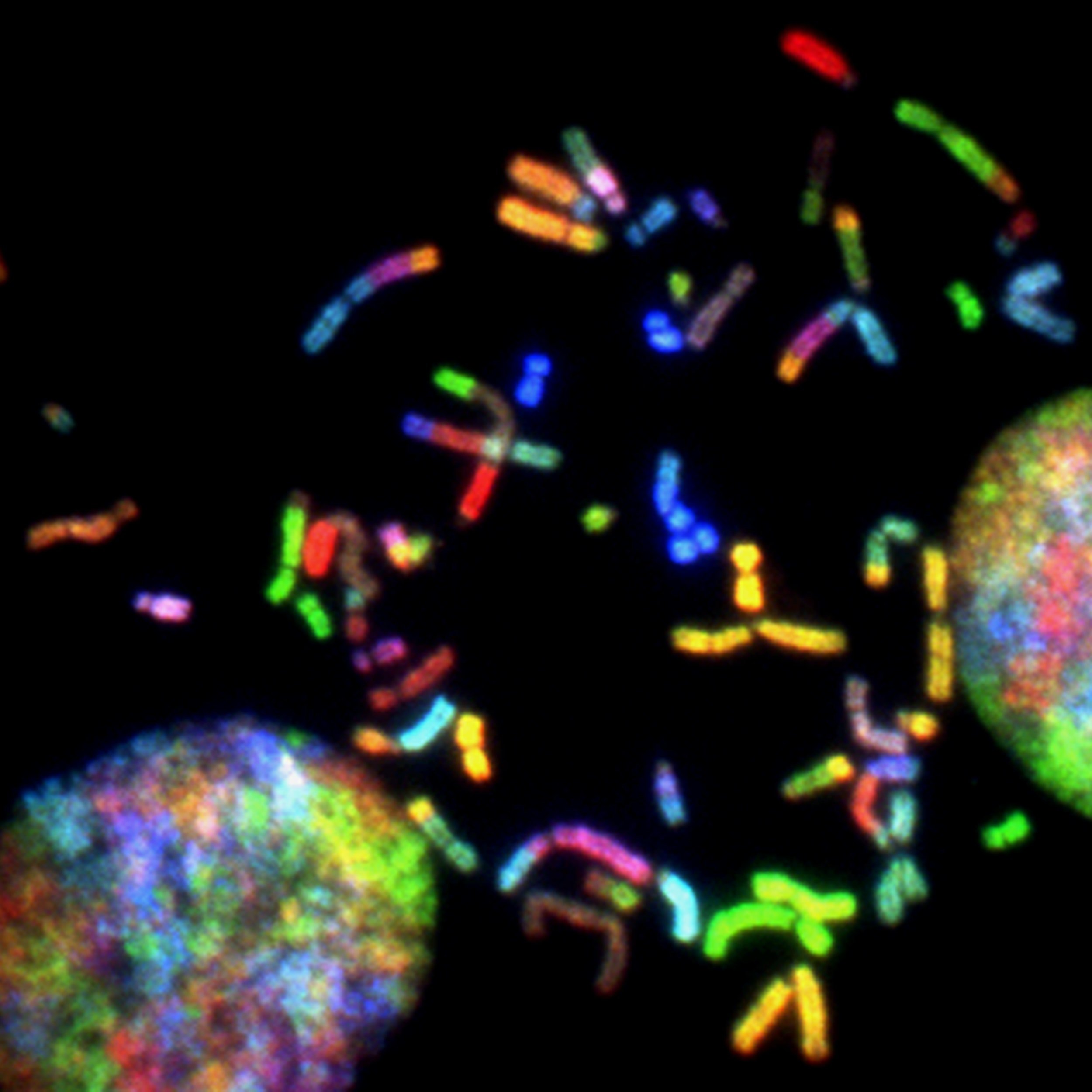How Ketamine helps the Body Release Trauma
Ketamine works by activating opioid receptors in the brain that bind to natural painkillers like endorphins. This binding helps to reduce levels of stress and anxiety, allowing a person to move past traumatic events without feeling overwhelmed.
Ketamine also binds to glutamate receptors which are responsible for inducing long-term changes in neuronal pathways associated with memory formation and recall. By blocking the re-formation of these memories, ketamine can help erase or diminish traumatic memories.
Additionally, ketamine has been shown to be effective in treating depression due to its ability to release dopamine and serotonin, two neurotransmitters responsible for regulating mood and pleasure.
The effects of ketamine usually last several hours, but have been known to linger up to 24 hours after use.
Research suggests that repeated doses of ketamine can lead to long-lasting changes in the brain's neural pathways, leading to permanent relief from the symptoms associated with trauma.
It is important to note, however, that ketamine should only be taken under medical supervision, as it can have serious side effects when taken improperly or in high doses. Additionally, ketamine should not be seen as a standalone treatment for trauma; instead, it should be part of an overall mental health plan involving psychotherapy and other supportive treatments.
Ketamine has been used off-label to treat a variety of mental health conditions related to trauma, including Borderline Personality Disorder (BPD), trauma-induced Depression, and Post Traumatic Stress Disorder (PTSD).
Studies have found that ketamine can rapidly reduce symptoms of PTSD, such as intrusive thoughts, flashbacks, nightmares and avoidance behaviors.
In particular, ketamine has been effective in treating chronic or severe forms of PTSD which may have not responded to other treatments. This makes the drug particularly suitable for veterans who may be struggling with combat-related trauma.
Research suggests that by blocking glutamate receptors in the brain, ketamine can help restore balance to the circuits responsible for mood regulation. This leads to a remission of depressive symptoms, allowing patients to experience more positive states of mind.
Overall, ketamine has been found to be an effective treatment for trauma-related conditions like PTSD and depression. With proper care and monitoring from healthcare professionals, ketamine may provide long-lasting relief from traumatic events and improve one’s mental wellbeing.
To learn more about Ketamine Assisted Psychotherapy, please contact Kairos Wellness Collective today.

